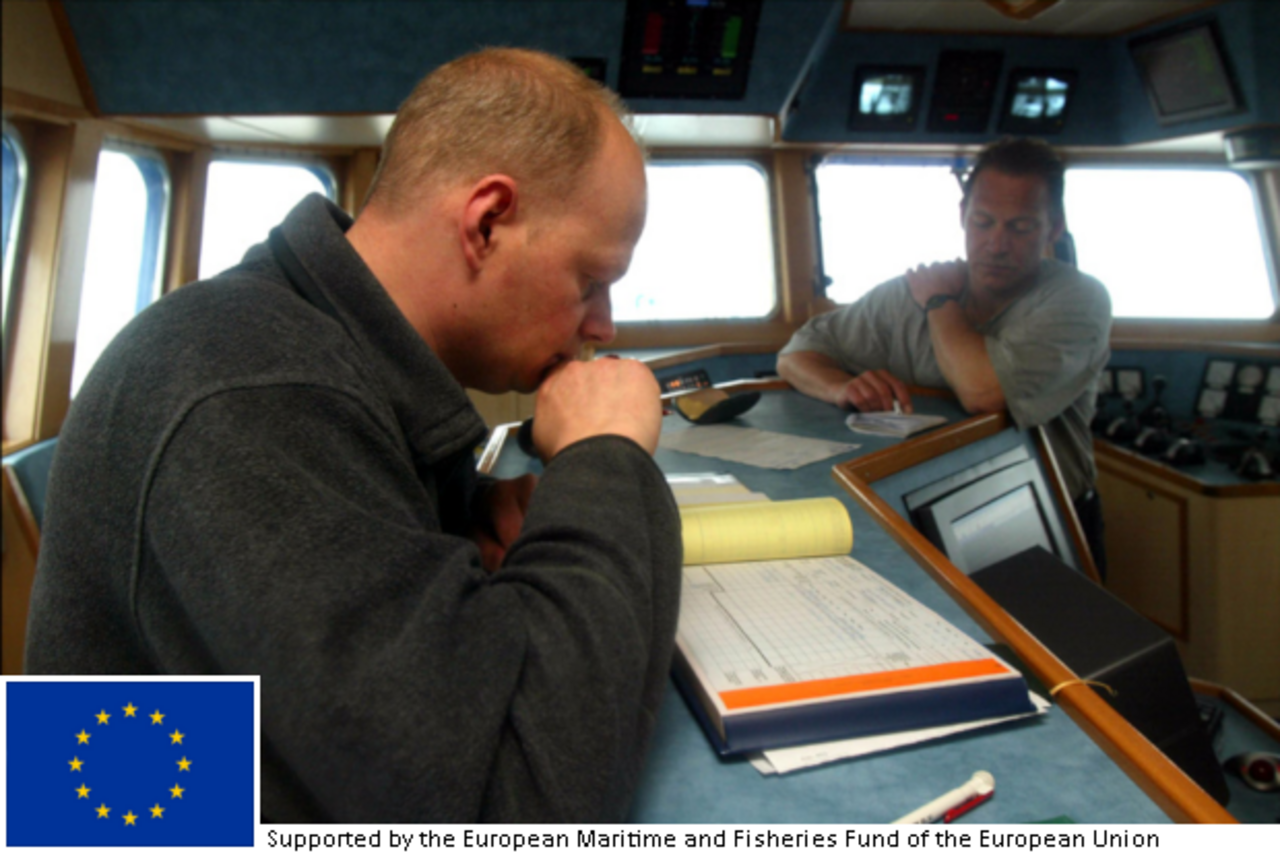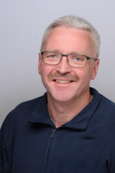Project
Strengthening regional cooperation for the collection of social and economic data of the fisheries sector

Strengthening regional cooperation in the area of fisheries data collection - Socio-economic data collection for fisheries, aquaculture and the processing industry at EU level
The results of the project will improve the quality of the data collection and strengthen regional cooperation regarding social and economic data on fleets, aquaculture and fish processing.
Background and Objective
The results of the project will improve the quality of the data collection and strengthening regional cooperation regarding economic data on fleets, aquaculture and fish processing. The project especially addresses the following overall and specific objectives:
- Improves completeness and reliability of the economic data collection.
- Improves the availability of data to scientists to provide advice to end-users.
- Addresses aspects raised by STECF (Scientific, Technical and Economic Committee for Fisheries) and other relevant scientific committees to improve the economic data collection (e.g. data on raw material for the processing industry form a link to the sustainable exploitation of fish stocks in the regional seas).
- Improves the regional coordination between Member States of different regions regarding sampling design and end-user needs.
- With new approaches to disaggregation of data this data can be used to define other fleet segments, which could be, for example, a group of vessels in a certain fishery or if possible a metier. Metiers are applied by the biologists to describe a group of vessels.
- Addresses coordination of methodologies for socio-economic data collection going beyond the coordination through PGECON (Planning Group on Economic Issues within the Data Collection Framework (DCF)).
The consortium covers the main sea basins of the European Union (Baltic Sea, North Sea, Western Waters, Celtic Sea, Mediterranean Sea) and a wide variety of fleet segments, aquaculture production systems and sectors of the fish processing industry. All partners are involved in the regular data collection and the cooperation in the project will further improve the common understanding of important aspects of economic data collection in the EU.
Approach
The project is organised in 7 Work packages. The consortium consists of institutes with large experience in the collection of economic data and additionally in scientific analyses for end-users inside the advice process that uses the collected data.
The institutes participate regularly in PGECON work and, therefore, will give an overview on what has been achieved in 2016-17 (WP 1).
In Work Package 2 the consortium will address the methodologies for sampling designs and estimation methods by providing a handbook including the relevant information.
The consortium decided that it does not have the knowledge to address the very technical issues on quality reporting and methodology in the case of non-probability sample survey.
The disaggregation of economic variables is one of the main problems we face analysing economic effects of management decisions. Therefore, the consortium addresses these issues in WP 3 to improve especially the possibilities to break down the fleet differently (e.g. allow the application of metiers similar as in the biological data collection instead of just economic fleet segments).
In more and more countries tradable fishing rights are introduced. It is, therefore, important to address to estimate the intangible assets like fishing rights in EU fisheries. This will be addressed in WP 4.
STECF repeatedly argued that without information on the origin of raw material utilised by the fish processing industry it is impossible to link the processing sector with the sustainable exploitation of living marine resources in European waters. WP 5 will, therefore, elaborate on the possibilities to collect data on raw material.
PGECON was regularly asked to provide information on how to collect data on social indicators. Unfortunately, no social scientists were part of the discussion within PGECON and WP 6 will address how this process can be improved and how these variables can/should be collected in the future.
Recreational fishing was so far no issue in the economic data collection although there are regions where this is very important for the regional economy and the amount of fish caught plays a role as it influences stock status in regional seas (e.g. cod catches in the Baltic Sea). WP 7 will, therefore, address the question how this sector can be addressed in future economic data collection.
Thünen-Contact

Involved Thünen-Partners
Involved external Thünen-Partners
-
Aalborg University – Research Centre for Innovative Fisheries Management
(Aalborg, Dänemark) - Wageningen University & Research (WUR)
(Wageningen, Niederlande) -
Institute of Food and Resource Economics (FOI), Fisheries Economics and Management Division
(Frederiksberg, Dänemark) - (Flanders Research) Institute for Agricultural and Fisheries Research, (ILVO)
(Oostende, Belgien) - Natural Resources Institute Finland (LUKE)
(Helsinki, Mikkeli, Jokioinen, Vanda, Finnland) - Seafish
(Edingburgh, Großbritannien (inkl. Nordirland)) -
Nisea Societa Cooperativa
(Salerno, Italien) -
COISPA - Coispa Technologica and Ricerca Scrl
(Bari, Italien) - BIM - Ireland´s Seafood Development Agency - Bord Iascaigh Mhara
(Limerick, Irland)
Funding Body
-
European Union (EU)
(international, öffentlich)
Duration
12.2017 - 5.2019
More Information
Project status:
finished

![[Translate to English:] [Translate to English:]](/media/_processed_/7/1/csm_IMG_7977_large_1defaf5de1.jpg)






